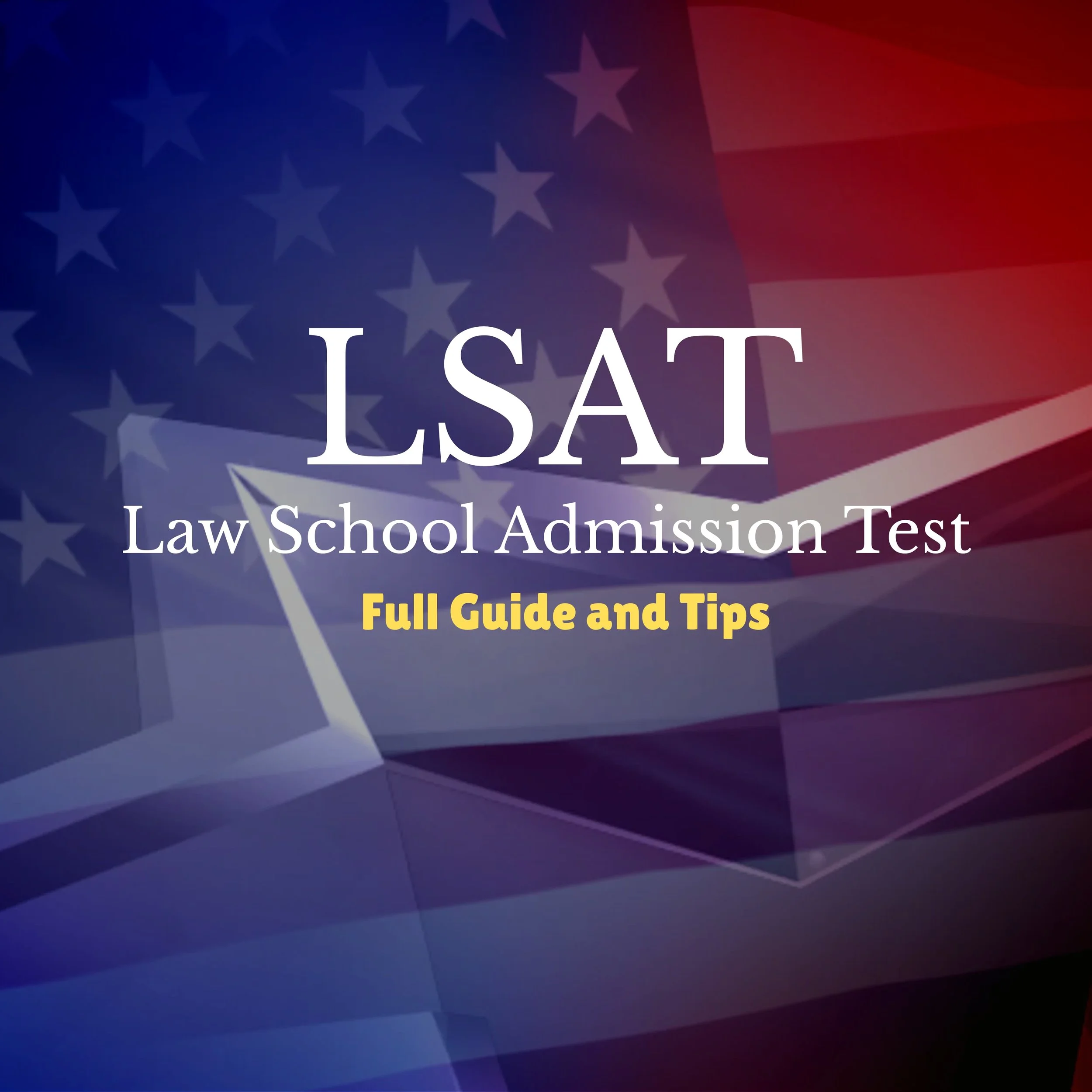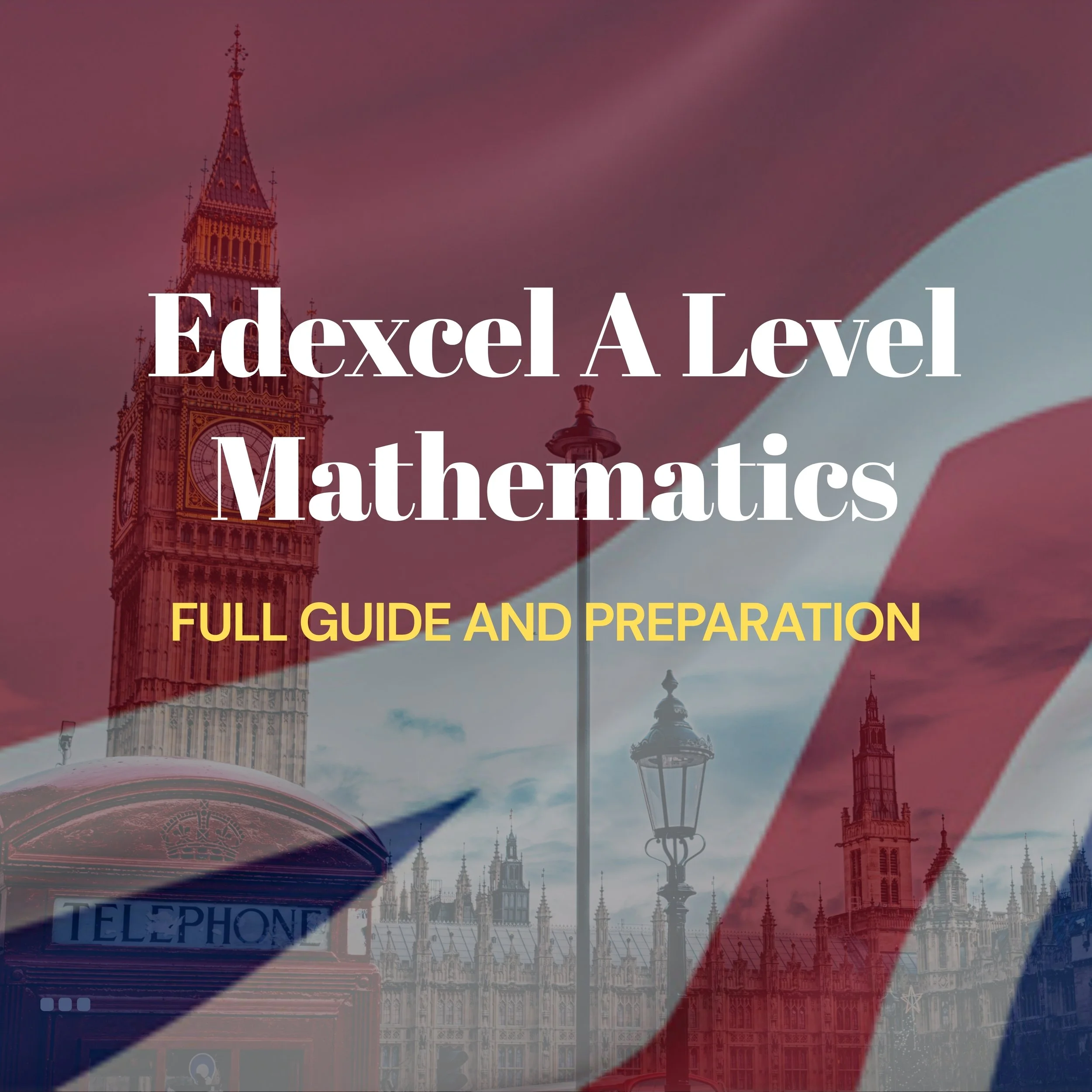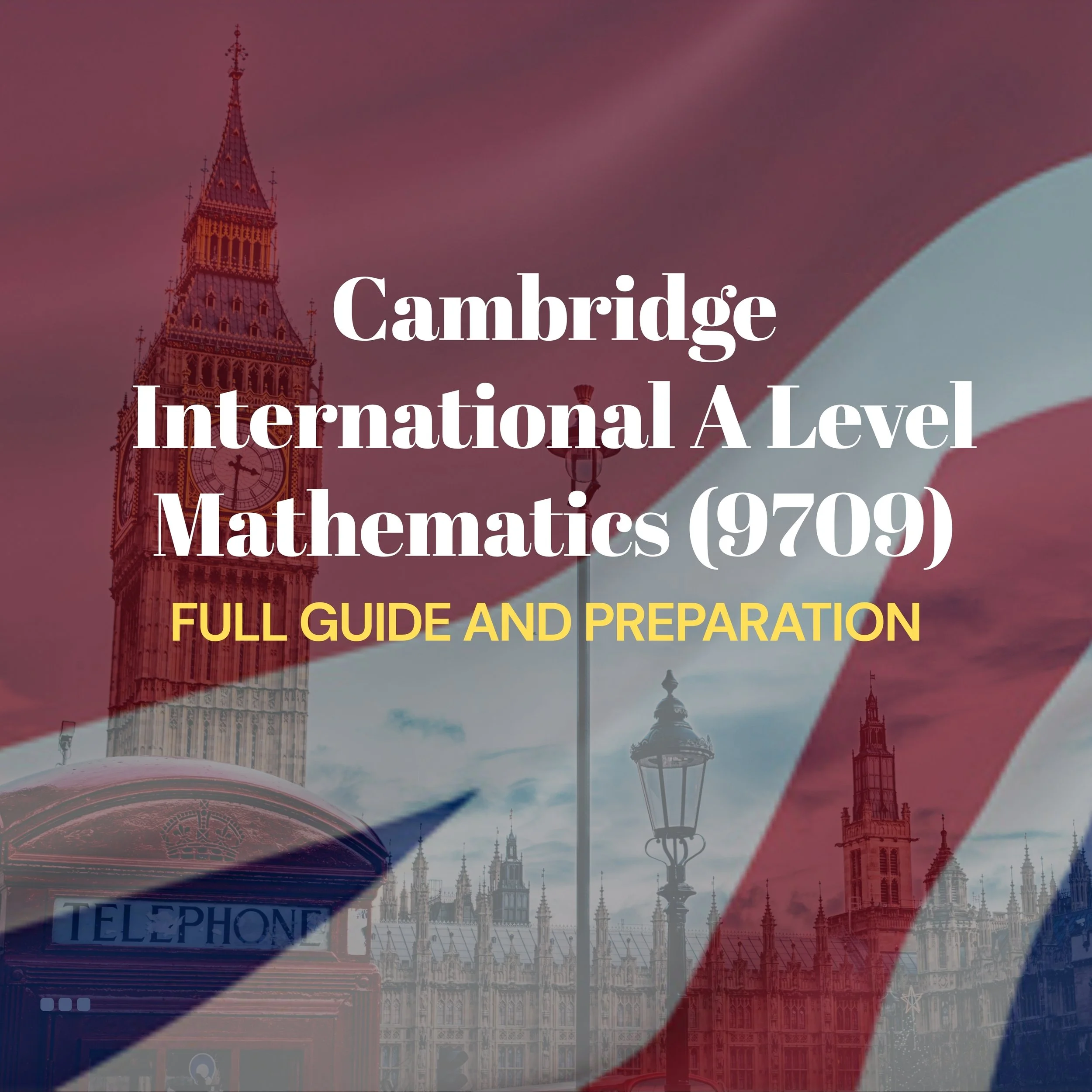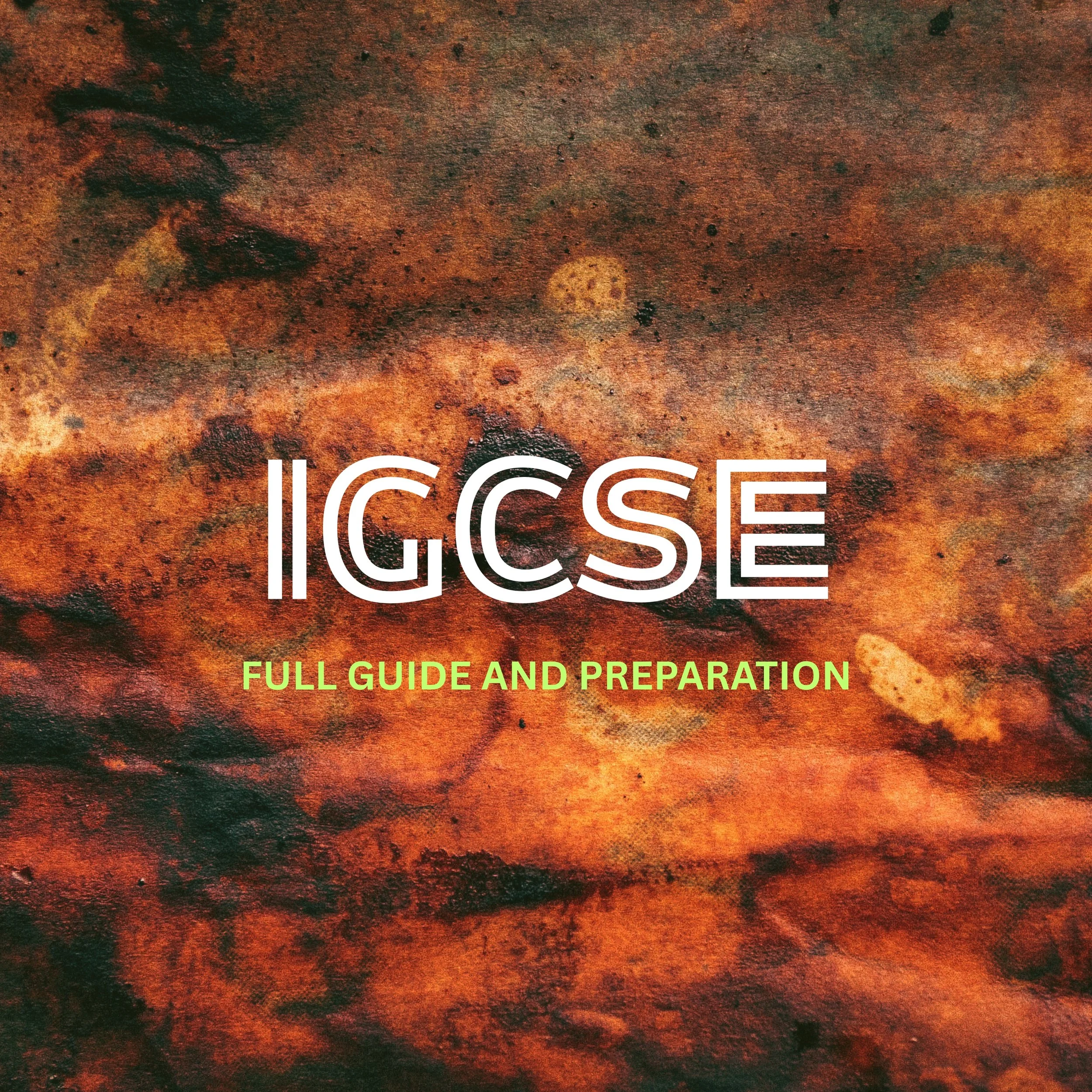INTERNATIONAL ASSESSMENT TEST INDEX
Accuplacer
The Accuplacer is a renowned computer-based placement test used by colleges and universities across the United States to assess a student’s skills in reading, writing, and mathematics. Results help institutions determine appropriate course placement and support services to ensure academic success.
Administered by the College Board, Accuplacer is crucial for both local and international applicants seeking skill assessment and appropriate course alignment in diverse educational settings.
ACT (American College Testing)
The ACT (American College Testing) is a widely accepted standardized test used for college admissions in the United States and more than 225 universities worldwide. It evaluates students' proficiency in English, Mathematics, Reading, and Science, with an optional Writing section.
Administered by ACT, Inc., this computer-based test assesses high school students’ readiness for college, helping institutions make informed admission decisions. The exam is crucial for both local and international applicants targeting undergraduate admissions.
AMC (American Mathematics Competitions)
The AMC (American Mathematics Competitions) is a prestigious international mathematics Olympiad series for students in grades 6–12, organized by the Mathematical Association of America (MAA). It consists of AMC 8, AMC 10, and AMC 12 levels, designed to challenge problem-solving skills and foster mathematical thinking.
AMC acts as the first step towards advanced competitions like AIME and the International Mathematical Olympiad (IMO), serving as a platform to nurture mathematical talent and critical thinking essential for STEM careers and global academic excellence.
AP (Advanced Placement)
The AP (Advanced Placement) exams are college-level standardized tests administered by the College Board, offered to high school students in the United States and internationally. These exams cover a wide variety of subjects including science, math, language arts, history, and world languages.
AP exams allow students to earn college credits or advanced placement in university courses by demonstrating mastery of subject-specific content. The exams are typically held during the month of May and are recognized by many colleges worldwide.
ASVAB (Armed Services Vocational Aptitude Battery)
The ASVAB (Armed Services Vocational Aptitude Battery) is a multiple-choice test administered by the United States Military Entrance Processing Command, designed to assess a candidate’s qualifications for enlistment in the U.S. Armed Forces.
The test measures abilities in ten areas including mathematics, science, verbal, mechanical comprehension, and electronics. Scores determine eligibility for military service and help identify suitable career paths within the military branches. It is widely taken by high school students and enlistment candidates.
CLEP (College-Level Examination Program)
The CLEP (College-Level Examination Program) is a series of standardized exams administered by the College Board that allow students to earn college credit for introductory-level courses by demonstrating mastery of the subject material.
CLEP exams cover a broad variety of subjects including history, science, mathematics, business, and languages. They enable students to save time and money by bypassing some college courses, and are accepted by nearly 3,000 U.S. colleges and universities.
CogAT (Cognitive Abilities Test)
The CogAT (Cognitive Abilities Test) is a widely used K–12 assessment designed to measure students’ reasoning and critical thinking skills across verbal, quantitative, and nonverbal domains. It helps schools understand how students think, learn, and solve problems beyond academic knowledge.
The test is commonly utilized for gifted and talented program screening, admission decisions, and to provide insights into students’ cognitive development. It is administered in groups with multiple-choice questions and offers a comprehensive view of a child’s ability to reason and adapt to various academic challenges.
CSS Profile (College Financial Aid Form)
The CSS Profile is an online financial aid application managed by the College Board, used by over 400 colleges and scholarship programs to award non-federal institutional aid. It collects detailed financial information from students and families to determine eligibility for college grants, scholarships, and loans beyond federal aid.
Unlike the FAFSA, the CSS Profile requests more in-depth data such as home equity, medical expenses, and non-custodial parent income. It is required by many private colleges and universities as part of their financial aid process for both domestic and international students.
EA (Executive Assessment – MBA Admissions)
The Executive Assessment (EA) is a standardized entrance exam designed to evaluate the readiness of experienced professionals for Executive MBA and other graduate-level business programs. It assesses skills in Integrated Reasoning, Verbal Reasoning, and Quantitative Reasoning.
The EA is tailored for busy professionals with significant work experience, offering a shorter test format of about 90 minutes as an alternative to the GMAT or GRE. Accepted by many top business schools, the test measures higher-order reasoning and critical thinking skills necessary for success in rigorous MBA coursework.
FE-CBT (Fundamentals of Engineering – Computer Based Test)
The FE-CBT (Fundamentals of Engineering – Computer Based Test) is the first step in the process to become a licensed professional engineer (PE) in the United States. It is administered by the National Council of Examiners for Engineering and Surveying (NCEES).
The exam is a six-hour closed-book computer-based test with 110 questions covering a wide range of engineering topics including mathematics, ethics, engineering economics, statics, and more. Passing the FE-CBT qualifies candidates to take the PE exam and begin their engineering career licensure.
GED (General Educational Development)
The GED (General Educational Development) is a set of four subject-area tests that provide individuals who did not complete high school the opportunity to earn a high school equivalency diploma recognized across the United States and internationally.
The tests cover reasoning through language arts, mathematical reasoning, social studies, and science, with a mix of multiple-choice, fill-in-the-blank, and essay components. Passing the GED demonstrates knowledge and skills equivalent to a high school graduate and can open doors to college admissions, employment, and military service.
GMAT (Graduate Management Admission Test)
The GMAT (Graduate Management Admission Test) is a computer-adaptive standardized exam designed to assess analytical, quantitative, verbal, and data literacy skills essential for success in graduate management programs worldwide.
The GMAT exam has three sections: Data Insights (20 questions, 45 minutes), Quantitative Reasoning (21 questions, 45 minutes), and Verbal Reasoning (23 questions, 45 minutes). The test duration is approximately 2 hours and 15 minutes with an optional 10-minute break. Scores range from 200 to 800 and are used by over 2,400 business schools globally for MBA and other graduate program admissions.
GRE (Graduate Record Examinations)
The GRE (Graduate Record Examinations) is a globally recognized standardized test administered by ETS, primarily used for graduate school admissions including business, law, and other advanced degrees.
The GRE consists of three main sections: Analytical Writing (one task, 30 minutes), Quantitative Reasoning (two sections totaling 38 questions, about 44 minutes), and Verbal Reasoning (two sections totaling 27 questions, about 44 minutes). The exam duration is approximately 1 hour and 58 minutes. It measures critical thinking, analytical writing, verbal reasoning, and quantitative skills essential for success in graduate studies.
HSPT (High School Placement Test)
The HSPT (High School Placement Test) is a standardized exam widely used for admissions and placement into Catholic and other private high schools in the United States. It evaluates students' abilities in verbal skills, quantitative skills, reading comprehension, mathematics, and language.
The test lasts approximately 2 hours and 21 minutes, with 298 multiple-choice questions across five core sections. Some schools may require additional subtests in science, religion, or mechanical aptitude. The HSPT helps schools make informed decisions about admissions, placement, remediation, and scholarships.
ISEE (Independent School Entrance Examination)
The ISEE (Independent School Entrance Examination) is an admissions test used by many private and independent schools in the United States for grades 2 through 12. It measures students' abilities in verbal reasoning, quantitative reasoning, reading comprehension, mathematics achievement, and includes an optional essay.
The ISEE is offered at four levels—Primary, Lower, Middle, and Upper—depending on the grade level of the applicant. Each level has timed sections with multiple-choice questions designed to assess academic skills and reasoning ability essential for secondary school success.
LSAT (Law School Admission Test)
The LSAT (Law School Admission Test) is a standardized test designed to assess reading comprehension, logical, and verbal reasoning proficiencies crucial for success in law school.
The test consists of four 35-minute sections of multiple-choice questions: two logical reasoning sections, one reading comprehension section, and one unscored experimental section. Additionally, there is a 35-minute unscored writing sample completed separately. The LSAT evaluates analytical and critical thinking skills essential for legal studies and is required for admission by most law schools in the United States and Canada.
Edexcel A Level Mathematics
Edexcel A Level Mathematics is a rigorous UK-based qualification offered by Pearson Edexcel, designed for advanced study in mathematics. The curriculum covers Pure Mathematics, Statistics, and Mechanics through externally assessed written papers.
Studied over two years, this A Level is recognized by universities worldwide and assessed wholly by exams, with papers that emphasize problem solving, mathematical reasoning, and practical application.
Cambridge International A Level Mathematics (9709)
Cambridge International A Level Mathematics (9709) is a UK-based international qualification offered by Cambridge Assessment International Education. It includes advanced topics covering Pure Mathematics, Mechanics, and Probability & Statistics.
The syllabus is assessed via six components: Pure Mathematics 1, 2, and 3; Mechanics; and Probability & Statistics 1 and 2. Typically studied over two years, this comprehensive course is recognized globally by universities and emphasizes problem solving, mathematical reasoning, and practical applications.
IB (International Baccalaureate)
The International Baccalaureate (IB) is a globally recognized academic program headquartered in Switzerland, offering the IB Diploma Programme (DP), Career-related Programme (CP), and Middle Years Programme (MYP).
Accepted by over 4,500 universities worldwide in 110+ countries, IB emphasizes critical thinking, intercultural understanding, and holistic education—preparing students for higher education and global success.
IBMYP (International Baccalaureate Middle Years Programme)
The International Baccalaureate Middle Years Programme (IBMYP) is a challenging educational framework for students aged 11 to 16. It encourages practical connections between studies and real-world applications.
It consists of eight broad subject groups providing a balanced education, fosters critical, creative, and reflective thinking, and prepares students for the IB Diploma Programme (DP) or Career-related Programme (CP).
The MYP is globally recognized and helps develop students holistically with a learner profile that emphasizes knowledge, skills, attitudes, and action.
IGCSE (International General Certificate of Secondary Education)
The IGCSE is an internationally recognized qualification conducted by Cambridge and Edexcel examination boards. It is designed for 14 to 16-year-olds and accepted worldwide as a benchmark for secondary education.
Cambridge IGCSE offers over 70 subjects assessed in multiple sessions globally, while Edexcel provides modular and linear IGCSE courses with a focus on real-world applications. Both are widely respected and prepare students for further academic qualifications such as A Levels and International Baccalaureate programs.
The IGCSE curriculum allows for flexibility and inclusivity, catering to varying academic abilities and multilingual backgrounds, making it ideal for international schools and students globally.
AP (Advanced Placement)
The Advanced Placement (AP) program, managed by the College Board, offers U.S. high school students the opportunity to take university-level courses and exams. It is globally accepted and recognized by thousands of universities worldwide for credit and advanced placement.
AP courses are available in multiple disciplines such as sciences, mathematics, humanities, and languages, helping students stand out in college admissions and earn college credit before starting university.
Participating in AP helps students develop critical thinking and college readiness, with more than 500 universities in 75 countries recognizing AP exams for credit or placement.
GMAT (Global MBA Admission Test)
The GMAT (Graduate Management Admission Test) is a globally recognized computer-adaptive exam administered by the Graduate Management Admission Council (GMAC). It assesses analytical, quantitative, verbal, and reading skills essential for admission to MBA and other graduate management programs.
Over 7,700 programs at approximately 2,400 business schools worldwide accept the GMAT. The exam format includes sections on Quantitative Reasoning, Verbal Reasoning, and Data Insights, designed to measure critical thinking, problem-solving, and data literacy.
The GMAT is available in test centers and online with flexible scheduling, helping candidates demonstrate their readiness for rigorous business studies globally.
GRE (Graduate Admission Test)
The Graduate Record Examination (GRE) is a widely accepted standardized test used worldwide for admissions to graduate, business, and law programs. It is administered by ETS (Educational Testing Service).
The GRE measures verbal reasoning, quantitative reasoning, analytical writing, and critical thinking skills necessary for success in graduate-level academics. It is available as a computer-based exam worldwide across numerous test centers.
The exam is adaptive section-wise and lasts approximately 3 hours and 45 minutes. GRE scores are used by thousands of universities globally as one of the criteria for graduate and MBA program admissions.
MAP (Measure of Academic Progress)
The MAP Test (Measure of Academic Progress) is a computer-adaptive assessment designed to measure students’ growth and proficiency in core academic subjects such as reading, mathematics, and language usage. Developed by NWEA, MAP tests are widely used in schools to track student progress, inform instruction, and identify areas for targeted support.
MAP assessments provide detailed insights into each student’s strengths and learning needs by adjusting question difficulty based on responses. Results help educators personalize learning and set goals. MAP testing is recognized by schools globally and is commonly administered multiple times throughout the academic year.
MCAT (Medical College Admission Test)
The MCAT (Medical College Admission Test) is a standardized, computer-based exam required for admission to medical schools primarily in the United States, Canada, and other countries. It assesses knowledge in natural sciences, social sciences, critical thinking, and scientific problem-solving skills essential for succeeding in medical education.
The exam includes four sections: Biological and Biochemical Foundations of Living Systems, Chemical and Physical Foundations of Biological Systems, Psychological, Social, and Biological Foundations of Behavior, and Critical Analysis and Reasoning Skills. The full test takes about 7.5 hours to complete and is scored on a scale from 472 to 528.
NMSQT (National Merit Scholarship Qualifying Test)
The NMSQT (National Merit Scholarship Qualifying Test) is a standardized assessment used to identify high-achieving high school juniors in the United States for eligibility in the National Merit Scholarship Program. The test measures critical reading, mathematics, and writing skills.
Administered by the College Board, the NMSQT helps select students for scholarships and recognition based on their academic performance. It is widely regarded as an important milestone for academically talented students seeking merit-based scholarships and college admissions advantages.
NY Regents (New York Regents Exam)
The NY Regents (New York Regents Exam) is a series of standardized tests administered to high school students in New York State to assess their proficiency in core subjects such as mathematics, science, English, and social studies. Successfully passing these exams is often a requirement for high school graduation in New York.
These exams are designed to evaluate students’ knowledge and skills aligned with the New York State learning standards. The results help educators gauge student achievement and readiness for college or career paths.
OAT (Optometry Admission Test)
The OAT (Optometry Admission Test) is a standardized exam designed to assess the academic ability and scientific knowledge of candidates seeking admission to optometry schools. It evaluates competencies in areas such as natural sciences, reading comprehension, physics, and quantitative reasoning.
Administered by the Association of Schools and Colleges of Optometry (ASCO), the OAT helps schools determine the preparedness of applicants for the rigors of optometry education. It plays a crucial role in the optometry school admissions process.
PARCC (Partnership for Assessment of Readiness for College and Careers)
The PARCC (Partnership for Assessment of Readiness for College and Careers) is a consortium-developed standardized assessment designed to measure K-12 students' proficiency in mathematics and English Language Arts/Literacy. The test aims to evaluate readiness for college and career by aligning with Common Core State Standards.
PARCC assessments provide detailed information about student learning progress to educators, parents, and policymakers, helping to guide instruction and improve educational outcomes. It is used by participating states to ensure students meet necessary academic milestones.
PE (Principles and Practice of Engineering Exam)
The PE (Principles and Practice of Engineering Exam) is a professional licensure exam for engineers in the United States. It assesses candidates' ability to practice engineering at a professional level in their specific discipline.
Administered by the National Council of Examiners for Engineering and Surveying (NCEES), passing the PE exam is typically required to become a licensed Professional Engineer (PE), which signifies competency and adherence to industry standards for safety and ethics.
Pre-AP (Pre-Advanced Placement)
Pre-AP (Pre-Advanced Placement) courses are designed to prepare middle and high school students for the rigor of Advanced Placement (AP) classes. These courses focus on building critical thinking, analytical skills, and foundational knowledge across core subjects.
Offered by the College Board, Pre-AP programs help students develop the academic habits and skills necessary to succeed in AP courses and college-level work. They serve as a stepping stone to advanced academic opportunities.
PreACT (Pre-American College Testing)
The PreACT (Pre-American College Testing) is a preparatory standardized test designed for high school students to help them get ready for the ACT exam. It assesses skills in English, math, reading, and science, providing a snapshot of college readiness.
Administered by ACT, Inc., the PreACT offers students and educators actionable insights to guide academic planning and improvement before taking the official ACT test. It serves as an early indicator of potential performance on college admission exams.
Pre-College Prep
Pre-College Prep programs are designed to help high school students develop the academic skills and knowledge necessary for success in college. These programs often include preparatory courses, workshops, and practice exams focused on key subjects like math, science, and English.
Such programs aim to build foundational skills, improve study habits, and increase college readiness, easing the transition from high school to higher education. They may also provide guidance on college admissions and standardized test preparation.
PSAT (Preliminary SAT)
The PSAT (Preliminary SAT) is a standardized test administered to high school students as a practice for the SAT and as a qualifying test for the National Merit Scholarship Program. It assesses skills in reading, writing, and mathematics.
Sponsored by the College Board and the National Merit Scholarship Corporation, the PSAT provides students with feedback on their academic strengths and areas for improvement while offering opportunities for scholarship recognition and college preparation.
SAT (Scholastic Assessment Test)
The SAT (Scholastic Assessment Test) is a widely used standardized college admissions test in the United States. It measures students' proficiency in evidence-based reading and writing, as well as mathematics, to assess their readiness for college.
Administered by the College Board, the SAT provides colleges with a common data point to compare applicants. The test plays a significant role in college admissions decisions and scholarship considerations.
SHSAT (Specialized High School Admissions Test)
The SHSAT (Specialized High School Admissions Test) is a standardized exam used to determine admission to New York City's specialized high schools. The test assesses English Language Arts and mathematics skills.
Administered by the New York City Department of Education, the SHSAT is a key component for entrance into several of the city's top academically rigorous public high schools. It evaluates critical thinking, problem-solving, and comprehension abilities.
SSAT (Secondary School Admission Test)
The SSAT (Secondary School Admission Test) is a standardized test used by private and independent middle and high schools to evaluate the abilities of applicants. The test measures verbal, quantitative, and reading skills.
Administered by the Secondary School Admission Test Board, the SSAT helps schools assess students’ academic readiness and potential for success in rigorous academic environments, playing a key role in the admissions process.
STAAR (State of Texas Assessments of Academic Readiness)
The STAAR (State of Texas Assessments of Academic Readiness) is a statewide standardized testing program used in Texas to assess students’ academic performance in core subjects such as reading, writing, mathematics, science, and social studies.
Administered by the Texas Education Agency, STAAR tests evaluate student achievement based on Texas state curriculum standards, providing critical data to inform instruction and ensure students are prepared for the next grade level and graduation requirements.
TerraNova Test (Standardized Achievement Test)
The TerraNova Test (Standardized Achievement Test) is a comprehensive assessment used to measure K-12 students’ achievement in subjects such as reading, language arts, mathematics, science, and social studies.
Administered by Data Recognition Corporation, TerraNova provides educators with detailed information about student performance relative to national norms, helping guide instruction and improve educational outcomes.
Springboard (College Readiness Program)
Springboard is a college readiness program designed to prepare high school students for college-level coursework. It offers online, project-based courses in subjects like math, English, and computer science that foster critical thinking and problem-solving skills.
The program provides personalized support and mentorship to help students build the academic skills and confidence needed to succeed in college and beyond. Springboard bridges the gap between high school and higher education through engaging and rigorous content.
TSI Test Prep (Texas Success Initiative Assessment)
The TSI Test Prep (Texas Success Initiative Assessment) is designed to help students prepare for the TSI, which assesses college readiness in reading, writing, and mathematics for Texas community college and university placement.
This test preparation helps students identify and improve their skills to meet Texas education standards, ensuring they are ready for college-level coursework and increasing their likelihood of academic success.











































